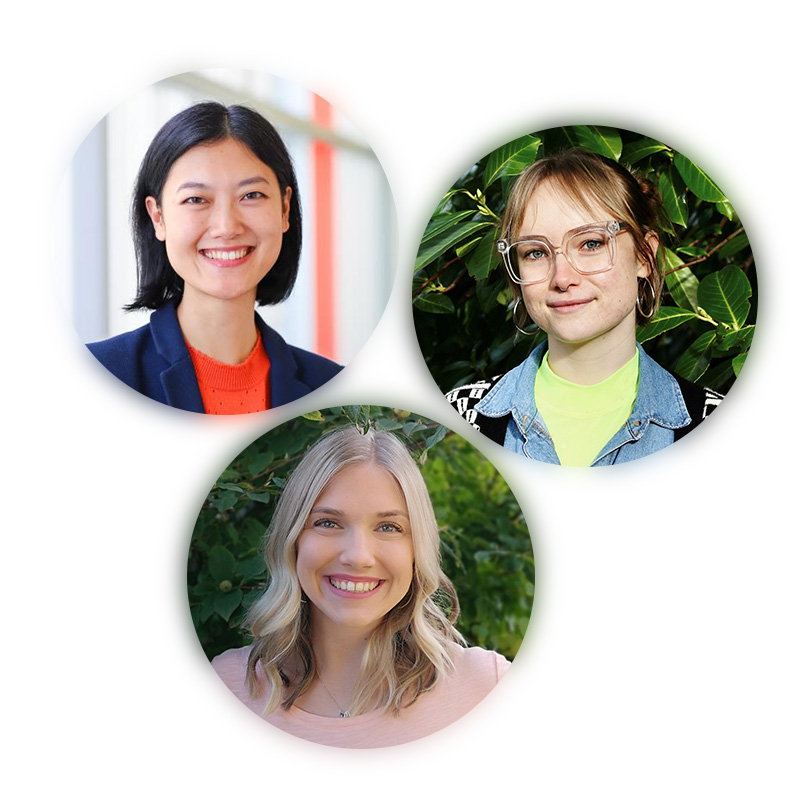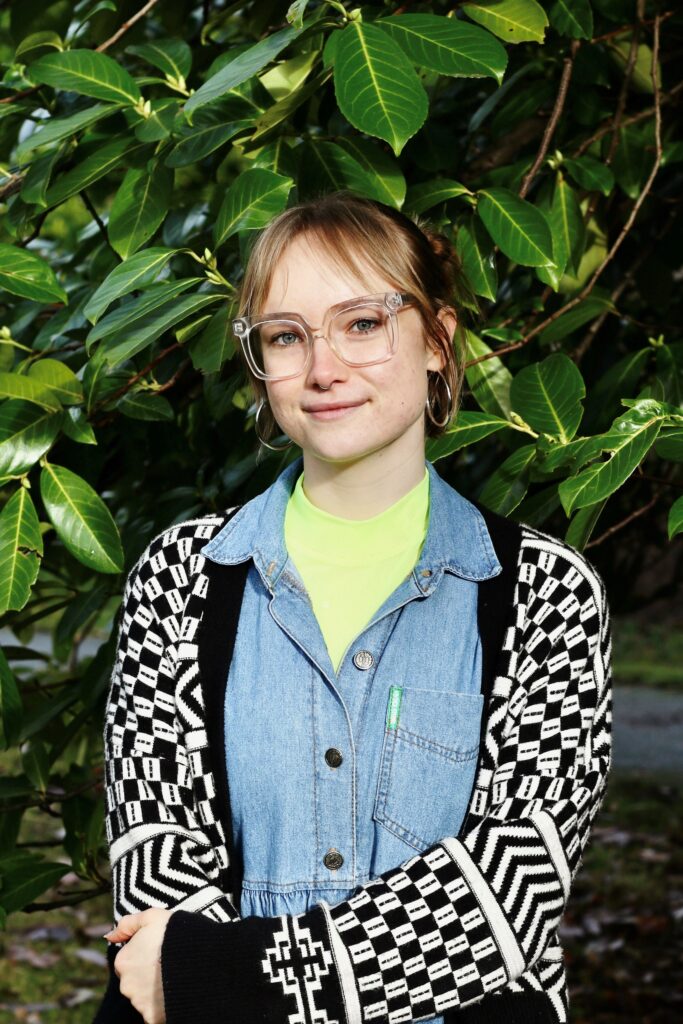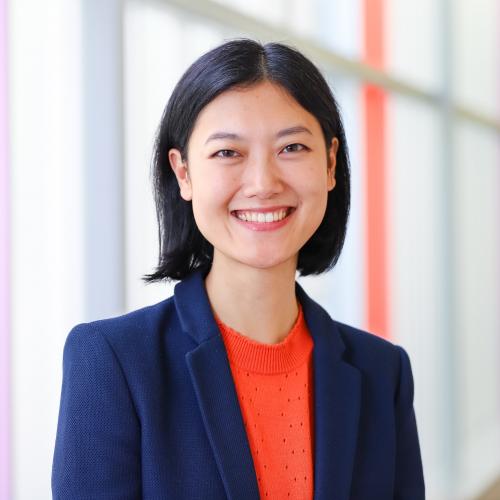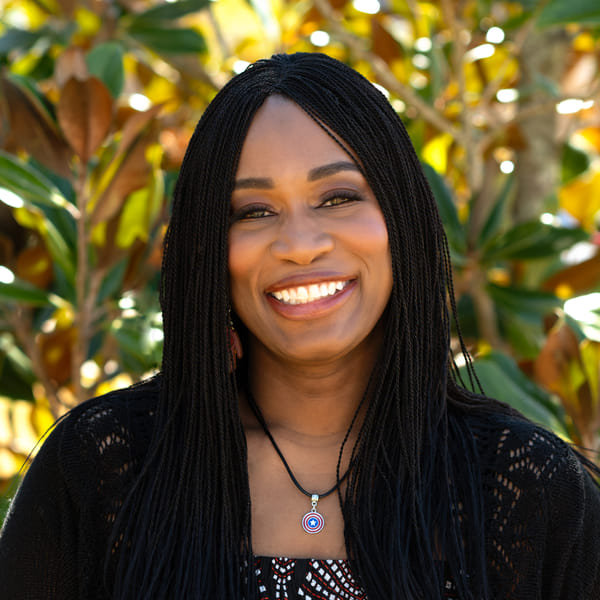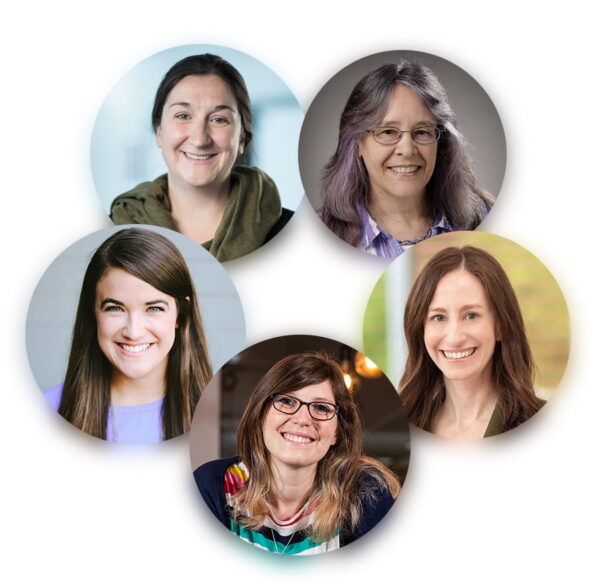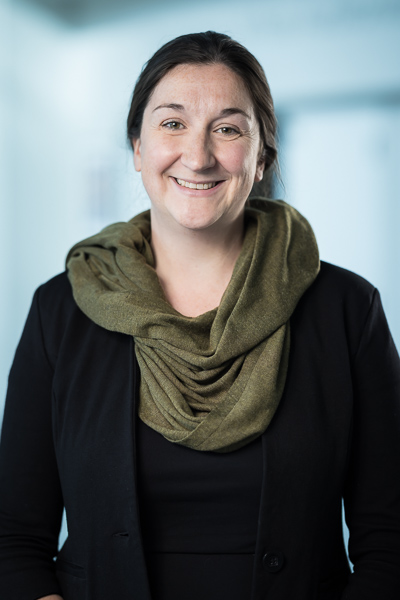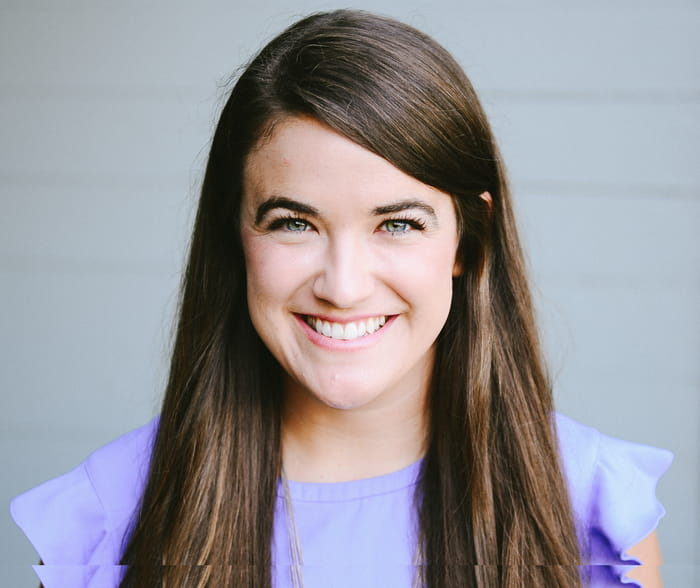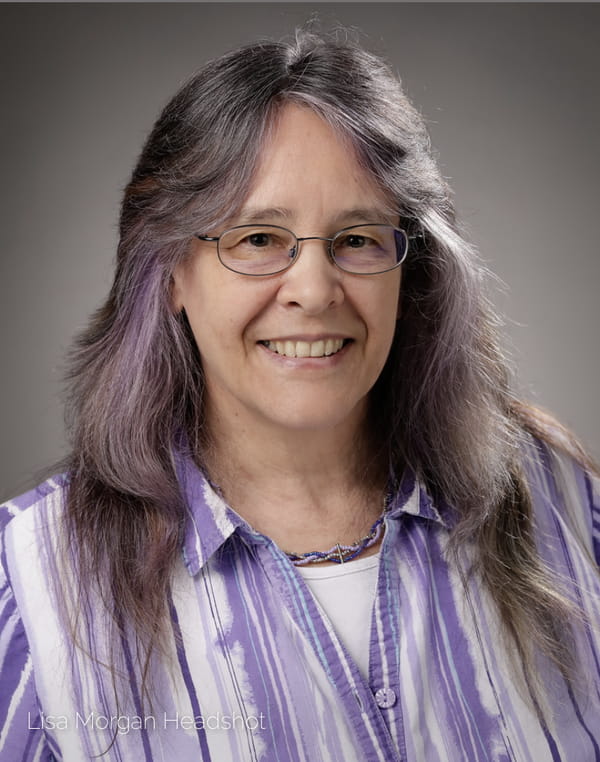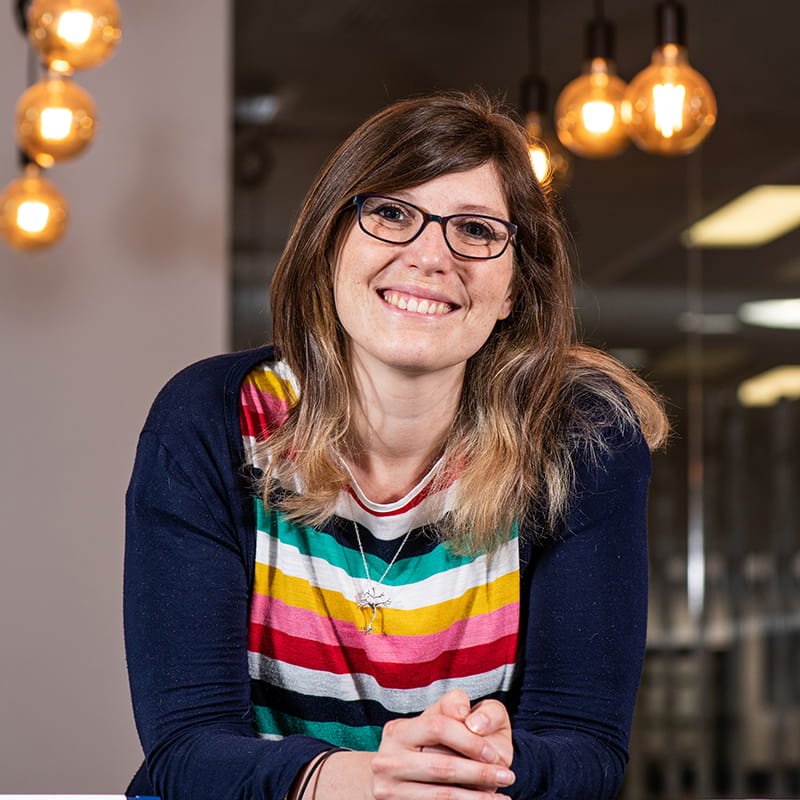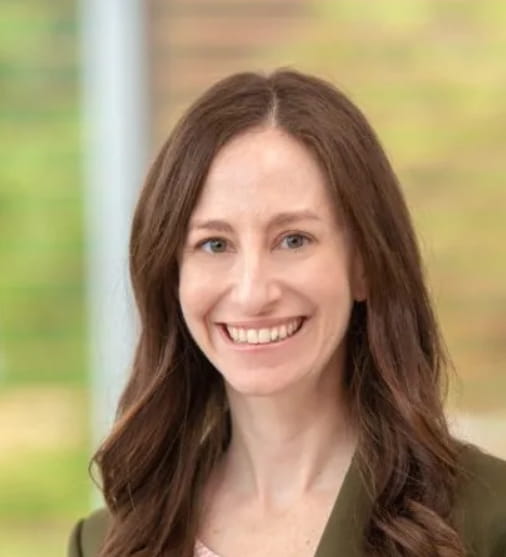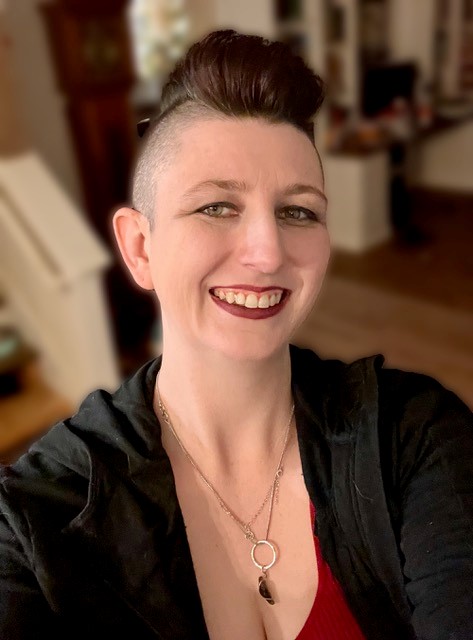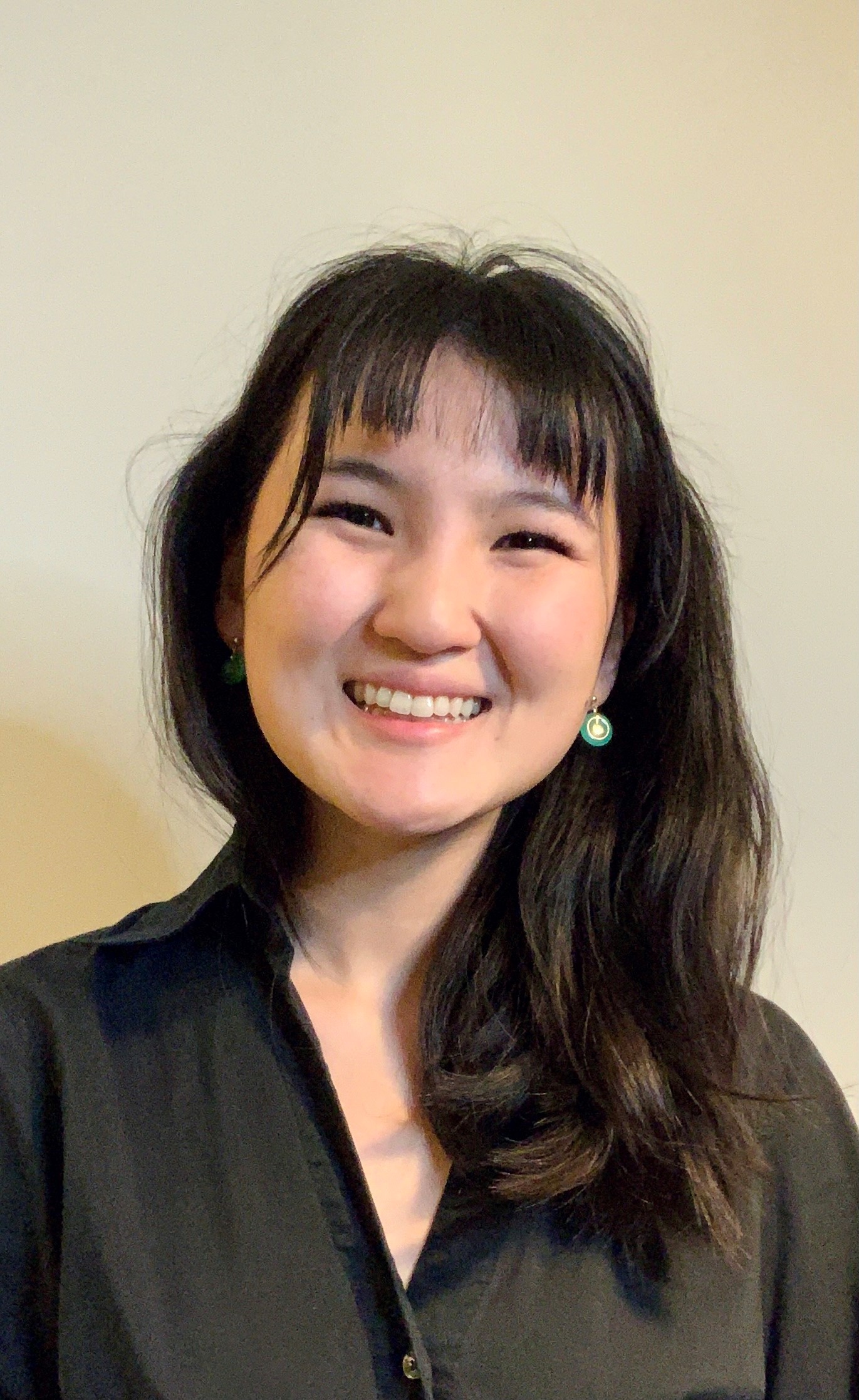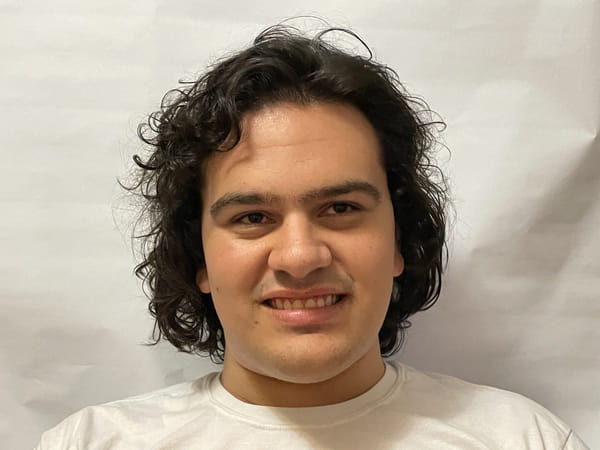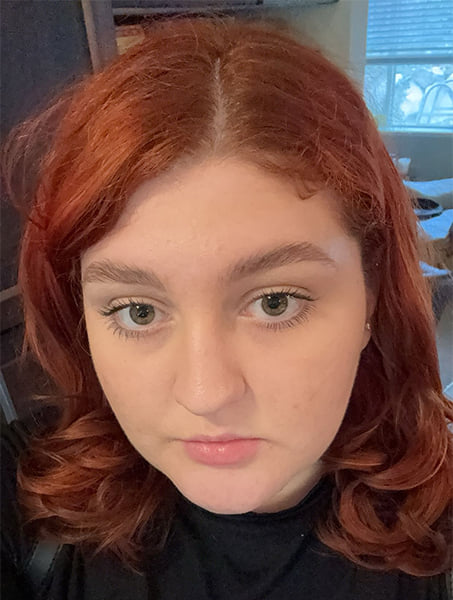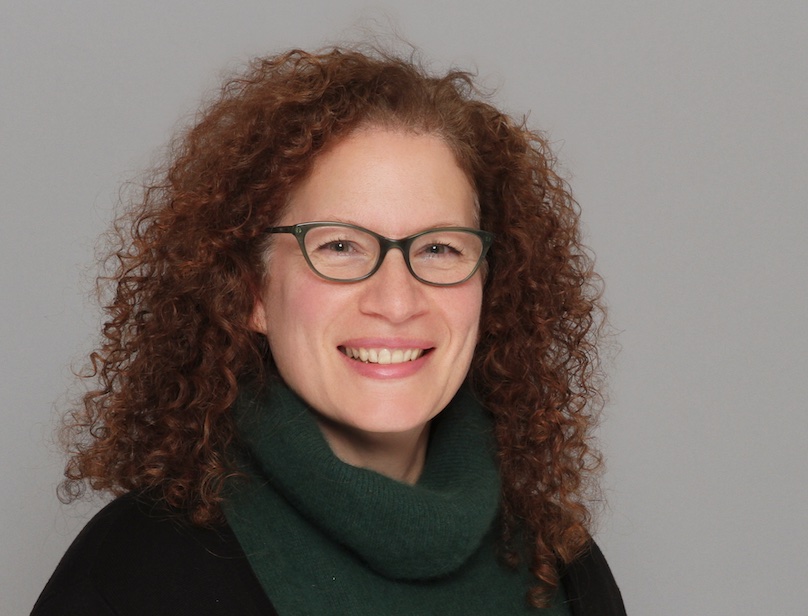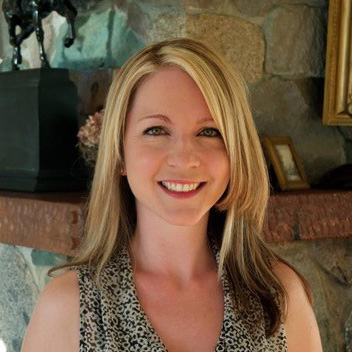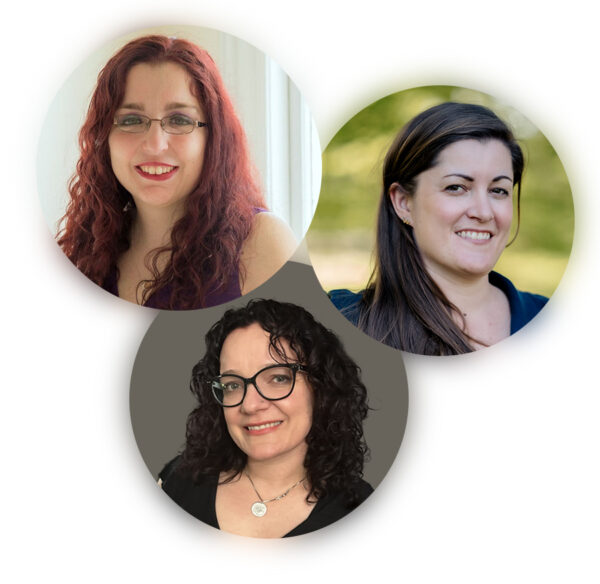Presented by Angie Ip, MHSc, MD, PhD; Mac Landerholm; Sarah McGowan, SLP
This workshop explores the impact of language in healthcare settings around neurodivergence, neurodiversity, and disability. Following a brief lecture, participants will put their new learning to work through reflections on lived experiences shared by neurodivergent individuals and their families, and interactive learning activities. Participants will gain tools to create a more inclusive environment for their teams and the clients and families they work with.
Learning Objectives:
- Identify potentially ableist language used in their practice or organization.
- Use neutral and strength-based language to communicate with their patients and clients.
- Recommend and act on one change within your practice or organization to better support care for neurodivergent people and neurodiverse families.
